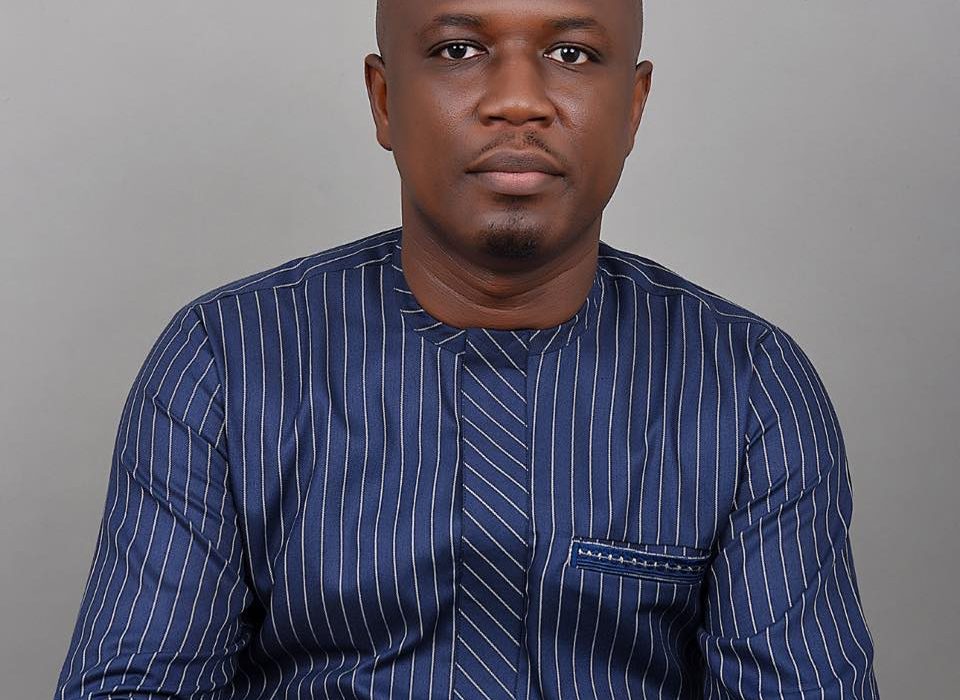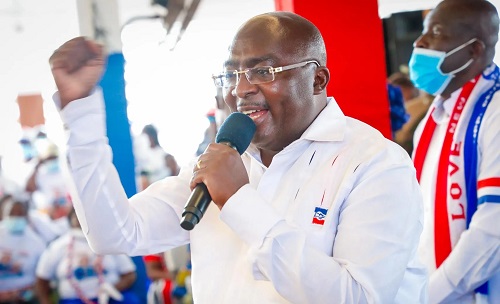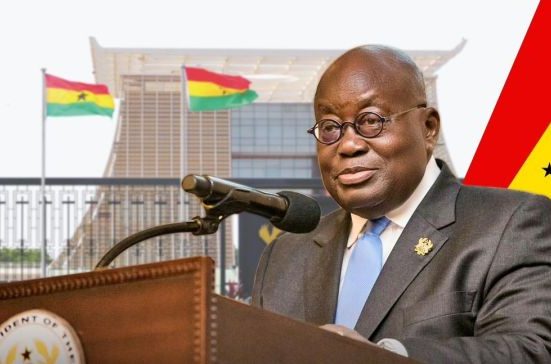Development Economist Dr. Frank Bannor has praised Dr. Mahamudu Bawumia’s tax reform proposals, highlighting them as crucial for Ghana’s accelerated growth and development.
Dr. Bannor, who also heads research at the Danquah Institute, emphasized that Ghana’s current tax regime is overly complex, making it difficult for citizens to fulfill their tax obligations.
“If citizens know they’re likely to reap benefits from filing their tax returns, they’ll gladly file their tax returns. South Africa has shown the way; go to Johannesburg and see how happy citizens become queuing to file their taxes,”
he said.
Dr. Bannor noted that meetings with organized labor groups such as GUTA, Ghana Pharmaceutical Association, and Ghana Medical Association revealed that the existing tax system is cumbersome, leading to conflicts with the Ghana Revenue Authority (GRA). He stressed that a lack of clarity on tax amounts often results in GRA officials demanding more than what is due, harming businesses and discouraging tax compliance.
“It is upon this that Vice President Bawumia, when he met the leadership of the Ghana Chamber of Commerce, pledged to replace the existing tax system with a flat rate tax regime, a very flexible tax regime, and grant tax amnesty to motivate citizens to file their taxes at the end of every year,”
Dr. Bannor stated.
Granting tax amnesty, he explained, would forgive most or all back taxes, encouraging more people to enter the tax system and increasing revenue. Dr. Bannor made these remarks on Adom TV’s Badwam morning show, hosted by Omanhene Kwabena Asante.
Dr. Bawumia, the New Patriotic Party flagbearer, outlined his vision for Ghana at a February 2024 meeting at the University for Professional Studies. Dr. Bannor asserted that these measures would strengthen Ghana’s economic trajectory, ensuring robust and sustainable growth.









